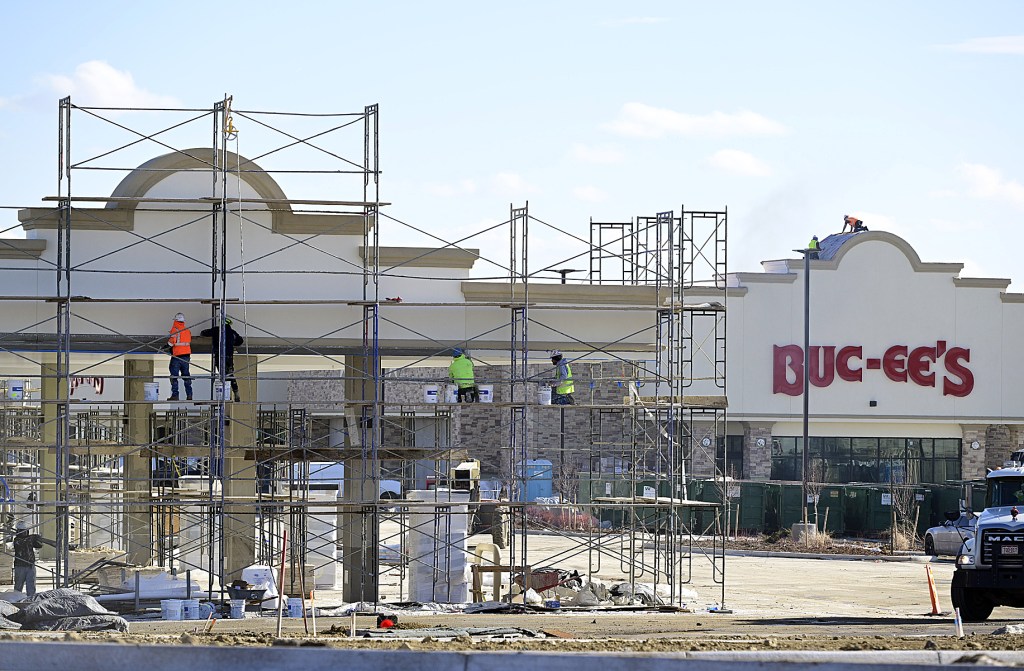Residents of Palmer Lake, Colorado, are preparing for a recall election on September 9, 2023, targeting two trustees, Shana Ball and Kevin Dreher. This election follows a contentious proposal to annex land for a Buc-ee’s travel center at the southwest corner of Interstate 25 and County Line Road. What began as a routine land-use proposal has escalated into a significant debate involving community members, local officials, and even state-level politicians.
The Palmer Lake Board of Trustees voted 6-1 in May to approve the site’s eligibility for annexation. This decision was pivotal in advancing plans for what would be Colorado’s second Buc-ee’s location. The approval has intensified local opposition and sparked discussions about transparency and the future of Palmer Lake. Local organizations, residents, and even U.S. Senator Michael Bennet have voiced concerns regarding the implications for traffic, infrastructure, and conservation efforts.
Trustee Shana Ball, who voted in favor of the annexation, stated she was “shocked” to find herself targeted in the recall effort. “I know a lot of people were lied to to get their signatures on there, and you know, that’s fine. Eventually, the truth will come out. It always does,” she remarked. Ball clarified her vote was based on legal compliance rather than personal support for the Buc-ee’s project.
In late July, Palmer Lake officials reached an agreement with Buc-ee’s detailing their fiscal relationship if the travel center is constructed. Buc-ee’s plans to develop nearly 25 acres with a 74,000-square-foot retail convenience store, 120 fuel pumps, and 12 electric vehicle charging stations. According to a fiscal impact analysis prepared by Economic & Planning Systems Inc., the project could generate approximately $955,087 in sales tax revenues for the town by 2027.
Despite the potential economic benefits, many residents remain skeptical. Concerns about increased traffic and strain on local resources, particularly water supply, have been raised. The town currently has a production capacity of 593,200 gallons per day, with Buc-ee’s projected to consume up to 113,600 gallons daily at peak demand, raising questions about sustainability and infrastructure.
The upcoming ballot will also include a measure requiring future annexation proposals to be subject to public votes. This move aims to enhance community engagement in local governance and address the significant opposition to the Buc-ee’s project.
Senator Bennet has publicly opposed the annexation, emphasizing its environmental implications. He stated, “This so-called ‘flagpole annexation’ goes beyond a local land-use issue. It would scar land that Colorado families have fought to protect for decades.” His comments reflect a broader sentiment among residents who feel that the development could compromise the natural landscape.
Additionally, billionaire landowner John Malone, who owns substantial land in the vicinity, has expressed his disapproval of the project. He argues that the development would detract from the area’s natural beauty, which is significant for both local communities and visitors. “This would really ruin it for people driving between the metros wanting to see a little of the Old West,” he commented during a recent interview.
The tension surrounding the Buc-ee’s proposal illustrates deeper issues related to land use and community values in Palmer Lake. As the recall election approaches, residents are grappling with the implications of this potential development and the future direction of their town. The outcome of the election and ongoing discussions about the Buc-ee’s project will likely shape Palmer Lake’s identity for years to come.
